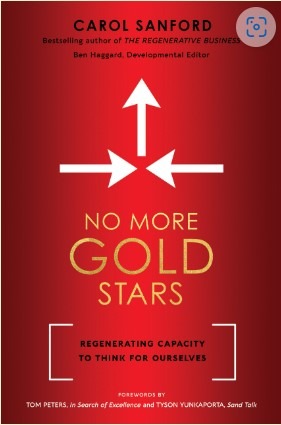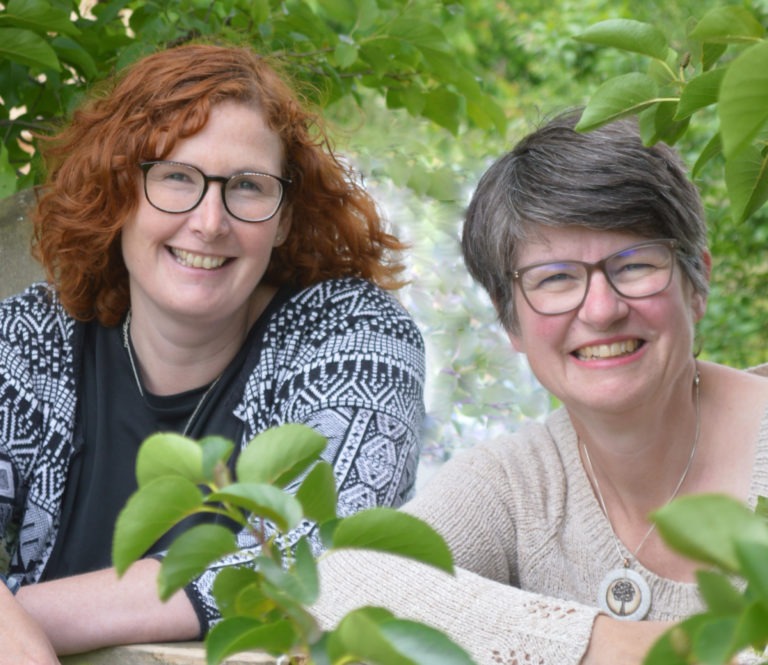
Rooted Leadership talk at Disrupt HR
Want to hear regenerative leadership explained in 5 minutes? Here’s a video of me speaking at Disrupt HR event in Nottingham. If you’d like to
It’s great to see so much being posted this week for mental health awareness week on the benefit of nature-connection for helping with loneliness.
My own personal experience of loneliness and nature, shows how different ways of accessing nature can have vastly different outcomes – it’s all about how you connect rather than simply time spent outdoors.
When I was a teenager I had depression for many years. I was bullied at school from age 9 and had few friends. Those friends I did have were unreliable, siding with bullies when things got difficult – in short I was very lonely.
I spent a lot of time in my own head – ruminating, with depression increasing. I spent many hours each day walking and riding horses in beautiful Charnwood Forest, but often this time spent in nature encouraged the analytical thoughts, trying to make sense of a hostile world that didn’t make sense. My conclusions – the world of the 1980s was a terrible place (nuclear war on the horizon and ecological destruction and human rights abuses), and it was a world in which I didn’t seem to fit.
Other living beings (ie nature) was there in abundance in the beautiful Leicestershire countryside, but I wasn’t open to the wisdom or friendship it was offering. Being inside my head, my lonely walks increased my loneliness.
Fast forward to today and I’ve learned a huge amount about the benefits of nature-connection, the science and psychology, and the connection associated with ancient wisdom and practices.
Now I know that to reap the benefits I must get out of my head (my conceptual consciousness) and into my body (my animate consciousness). When I go outdoors I actively ask my mind to go quiet for a while. I notice what’s around me, turn on all of my senses. I practice shifting perspectives from big picture to small detail. I reach out and touch the plants. I alter my breathing patterns.
Although I am alone, I don’t feel lonely because I now see all of the plants and trees around me as fellow beings – they are my evolutionary cousins with whom I have a huge amount in common. And from whom I learn every day. Of course my life is very different now – I have friends and a long-term partner. But even during Covid lockdowns, or as my children have moved away, this connection with other living beings has buffered me from loneliness. Whereas, as a teenager I experienced being alone as an unbearable weight, I now actively seek it out.
So I would urge you to consider what type of nature-connection you are engaging in – are you simply ‘in the outdoors’, thinking about that business presentation or worrying about the next deadline? Maybe you’re worrying about the state of the world (things have only become worse since my 1980s teenage angst, so that’s perfectly natural).
Or are you breathing deeply, observing, truly connecting, being, appreciating and loving? Are you part of nature, not apart from it? Trust me, the same location, the same walk, can have vastly different outcomes.
For more about nature connection and mental health I recommend the Finding Nature blog by Professor Miles Richardson of Derby University UK.

Want to hear regenerative leadership explained in 5 minutes? Here’s a video of me speaking at Disrupt HR event in Nottingham. If you’d like to

In “No More Gold Stars,” Carol Sanford challenges conventional notions of achievement and success. Carol is a renowned business consultant and educator and what struck

This week has felt a little bit epic! I have found myself taking deep, exhaling breaths as I sit with the medley of feelings I have